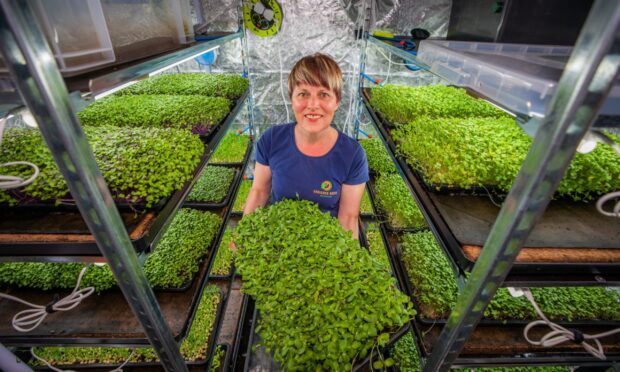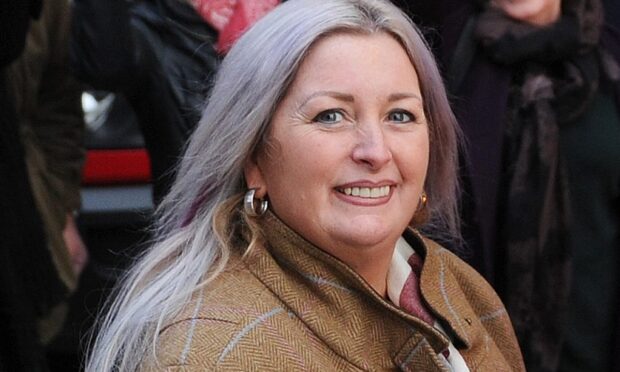Health officials are proposing the stockpiling of medication, fuel and food in preparation for Brexit.
Officers in Perth and Kinross Integration Joint Board (IJB) have proposed a series of contingency plans.
They are designed to ensure services run “as smoothly as possible” for Perth and Kinross Health and Social Care Partnership (HSCP) during a UK exit from the European Union.
A report by chief officer Gordon Paterson warns of potential risks to the health body, which faces supplies and workforce shortages as well as an increase in demand on services from vulnerable citizens returning from living in the EU.
The report recommends NHS Tayside and Perth and Kinross Council stockpile medicines, medical devices, clinical consumables, fuel and food and also advises of an increase in cost if different suppliers need to be found.
The HSCP also faces an increase in people requiring care at home and complex care needs due to “vulnerable returners” who may come back from the EU due to the withdrawal of the reciprocal healthcare scheme.
Mr Paterson’s report says: “There is a high level of uncertainty regarding the potential disruption and its severity.
“It should be noted that any disruption may add additional strain to services, some of which are already operating in a challenging financial and resource environment.
“Increased demand on services from individuals may occur which are likely to be elderly and many with complex care needs.”
The health body also faces the scenario of staff shortages if European employees return to the EU in the wake of Brexit.
The report will go before Perth and Kinross councillors at the audit and performance committee of the IJB on Monday, though Mr Paterson has warned it could be three months after leaving the EU before any Brexit-related shortages are realised.
He said: “The full impact of EU Exit may not be known until 12 weeks following the EU
withdrawal agreement as it is unclear how many people will choose to leave
the UK and how many vulnerable returners we may need to support.
“(In) conclusion therefore this is a fluid situation which will require further
contingency planning once the EU arrangements are agreed and in the
following 12-week period to monitor increases and decreases in people
returning to or leaving the EU.”










